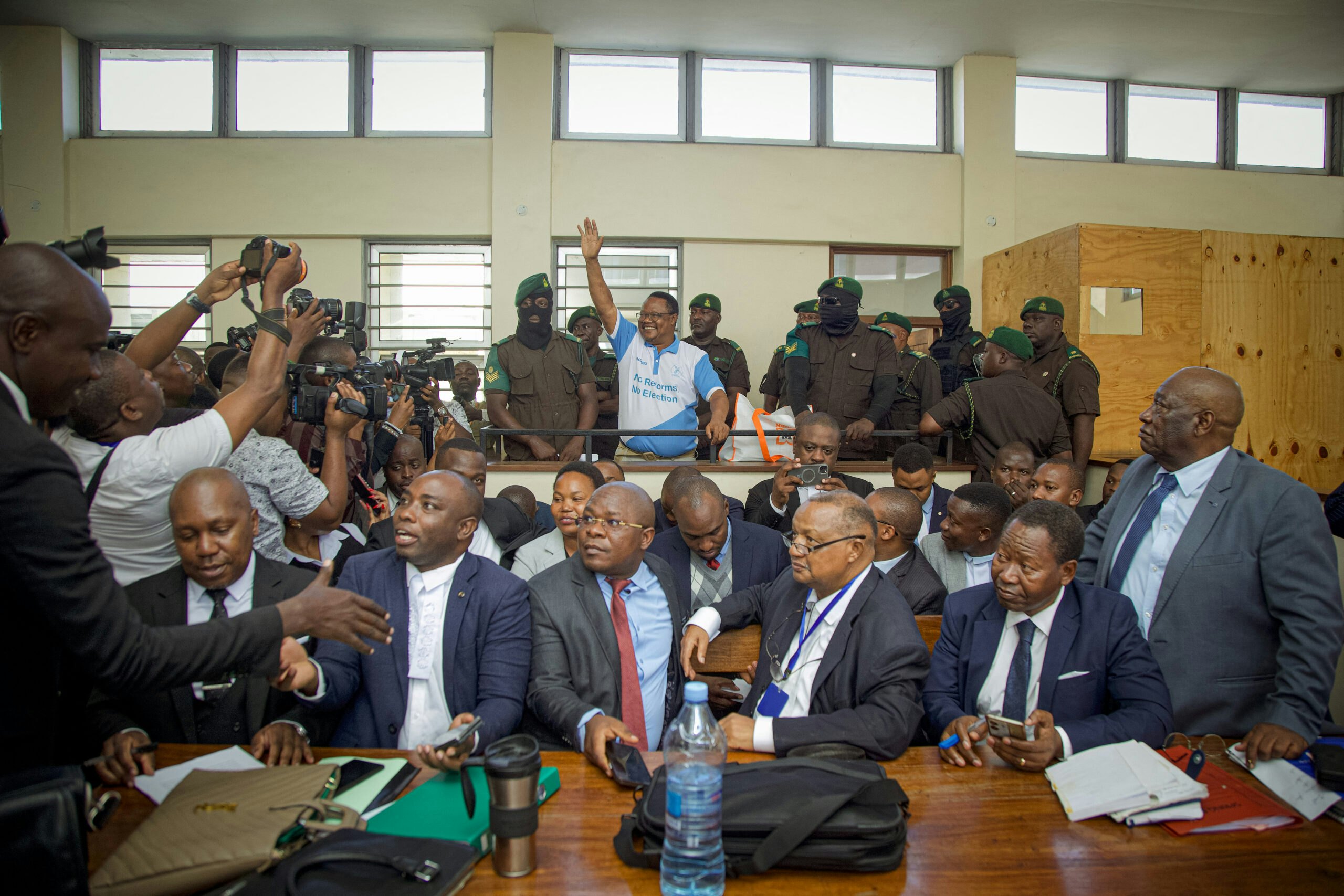What’s happening?
The U.S. Department of State released the annual Human Rights Reports (HRRs) in August, six months later than usual. These congressionally mandated reports were significantly shortened by the Trump Administration and have been criticized for downplaying human rights abuses in certain countries and exaggerating them in others – specifically nations with which the administration has had conflicts.
The Human Rights Reports cover 198 countries and territories. Their goal is to provide an annual objective, nonpolitical assessment of the human rights situation in the reported countries and to shine a light on the areas where improvement is needed. The reports are produced by U.S. experts and impartial analysts, including officials based in Washington and at U.S. embassies globally.
The reports have evolved many times over the years, adding new or developing issues, amending the format, and changing the length. This year, some reports have been halved and others reduced even more. This includes the Israel report, which went to fewer than 1,500 words from more than 22,000. Critics have pointed to more favorable treatment of Israel and El Salvador, on the one hand, and harsher treatment of Brazil and South Africa on the other.
The 2025 reports also remove issues considered to be universally accepted human rights, including the right to a fair public trial; freedom of association and assembly; elections and political participation; government corruption; violence against women and minorities; and harassment of human rights organizations.
Why it matters
The U.S. government, Congress, democracy and human rights organizations, and corporations and activists around the world have used these reports as an objective, nonpartisan assessment of human rights in various countries since they began in 1978. They have historically shined a light on abuses and served as an advocate for change.
The reports are based on universally accepted human rights standards, which include access to free and fair elections and the rule of law; freedoms of speech, worship, and assembly, among many others; and protection from arbitrary detention, human trafficking, and abuse. In the past, foreign governments have reacted both positively and negatively to these reports, and that has often spurred action to improve human rights abuses in the countries where they were reported.
Supporting human rights and democracy around the world has been a central component of U.S. foreign policy since the Carter and Reagan Administrations. The United States has regularly used its reporting, diplomacy, economic tools, development assistance, and public statements to highlight human rights abuses and advocate for change. The HRRs have also shown U.S. willingness to stand for human rights, regardless of the United States’ relationship with the country in which the abuses are taking place.
Bottom line
The United States has long supported democracy and human rights globally. The HRRs have helped demonstrate the United States’ commitment to universally accepted human rights, to support human rights defenders working to bring change in their countries, and to increase pressure on abusive regimes.
The significant shortening, late release, and notable shifts of this year’s reports have raised concerns as to whether the current administration will maintain the impartiality of the reports and prioritize them to advocate for improved human rights around the world.





























